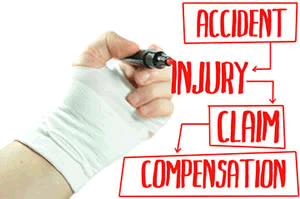Dispute
What does Dispute mean?
Disputes can arise in a work comp claim. Although there are a variety of reasons for a dispute between the worker and employee, the most likely reason is money. Employers are generally required to provide workers' compensation benefits to injured workers, but they want to provide as little benefit as possible to control the premiums they have to pay for insurance. Consider, the more workers compensation claims an employer must pay, the higher the costs for the employer.
Reasons for an employer to dispute a claim
If the employer has denied your work comp claim it is important to understand what issues they have disputed. Common reasons an employer may dispute a work comp claim include:
- Your employer does not believe you have been seriously injured.
- Your employer does not believe your injury, disease, or disability was caused while you were performing your normal job requirements.
- You may have been injured but you did not suffer loss, meaning you did not miss work or need any medical care.
If your work comp claim has been denied or if your employer is disputing that you have been injured on the job, you will receive a denial letter via mail. There are specific requirements for challenging disputes and a statute of limitations for filing workers' compensation appeals. Rules and laws vary by state. Talk to a work comp lawyer if your claim dispute cannot be resolved directly with your employer. Remember, you generally have the right to some type of compensation including wage replacement and medical treatment if you have been injured while performing your normal job duties.
Related Pages
Lawyers near
Term of the Day
Past Relevant Work
Past relevant work is one of many factors evaluated by the Social Security Administration to determine if a disability applicant qualifies for Social Security Disability Insurance (SSDI) or Supplemental Security Income (SSI).Category: Disability







